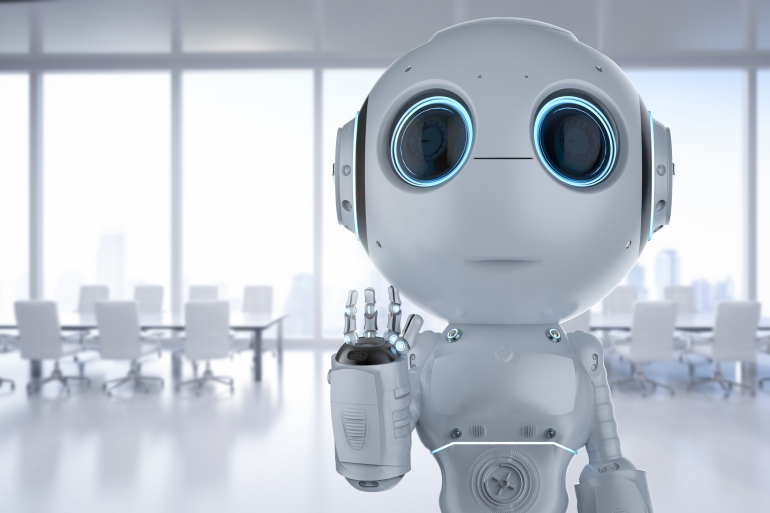Social robots are cognitive machines with human-like abilities in sensing, interaction and problem-solving. Join this project and discover how to apply the power of AI to exciting new applications for significant social benefit and impact.
VIP Snapshot
VIP ChallENG research goals
We will develop various social robot systems with multi-modal AI technologies such as knowledge representation and reasoning, machine/deep learning, computer vision and natural language processing.
- Artificial Intelligence - Investigation of state-of-the-art AI methodologies
- Comparative study of different methodologies
- Computer Vision
- Control Systems
- Data collection and annotation
- Development and experimental evaluation
- Knowledge Representation and Reasoning
- Machine/Deep Learning
- Mechatronics
- Natural Language Processing
- Quantitative and qualitative result analysis
- Robot programming
- Social Robotics
- Computer Science
- Computer Engineering
- Software Engineering
- Mechatronics Engineering
- Mathematics / Statistics
- Art & Design
- AI Skills
- Design & fabrication for example:
- 3D Printers
- Laser cutters
- CNC's
- Programming any of the following:
- Python
- C/C++
- Prolog
Explore the Social AI sub-teams
Below are the various aspects of the AI 4 Everyone robotics team you can explore.
- You will develop an integrated software system that can perform navigation, task planning, human-robot interaction and robot learning
- The system will be evaluated on simulation platforms such as the simulation league in RoboCup Rescue
- You will design and build a small robot capable of traversing the test arena in the RoboCup Rapidly Manufactured Robot Challenge
- You will progress in later years to larger robots (RoboCup Rescue robots; Toyota Humans Support Robot; Softbank NAO humanoid robots for RoboCup soccer)
- You will develop advanced deep learning methodologies for vision-based navigation in outdoor and indoor environments
- The methods will be developed for autonomous driving (outdoor) and robot navigation (indoor) scenarios
- You will develop conversational robots with multimodal interaction (i.e., being able recognise gestures and facial expressions that accompany spoken dialogue)
- The methods will be evaluated in various experimental settings




